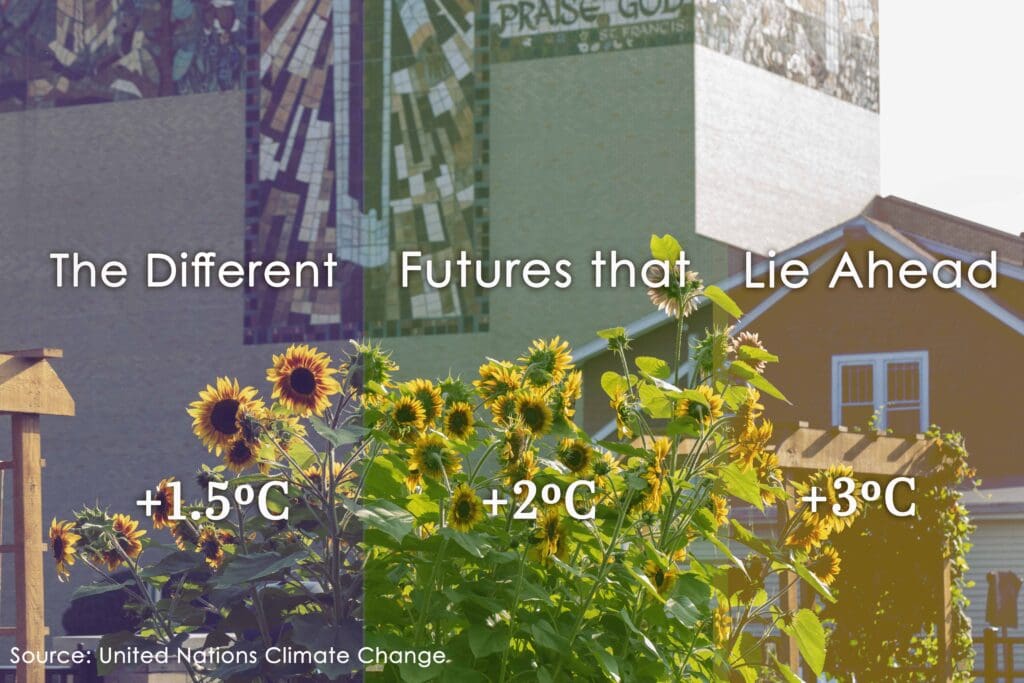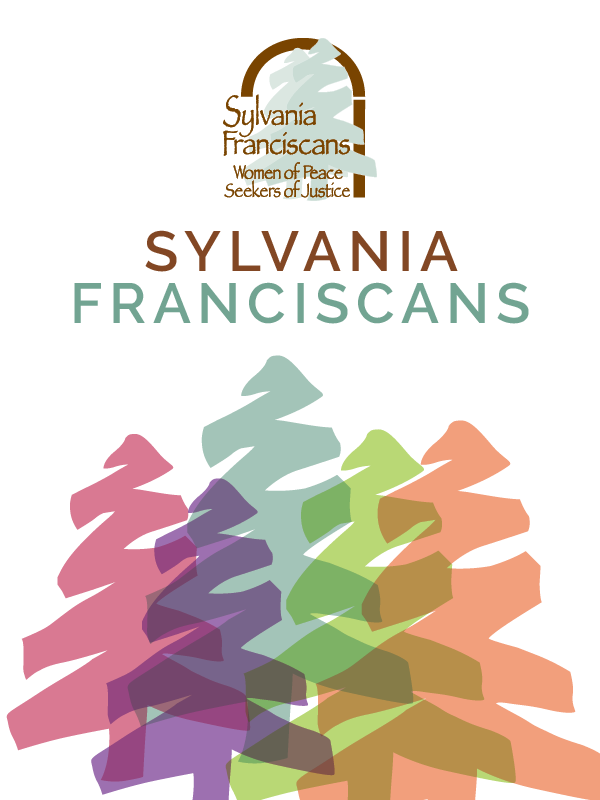
Renewed Future with Renewables
May 4, 2025
A Celebration of Creation’s Glory
June 13, 2025by Sara Grunberg
June 2
Climate Without Borders
Climate change is a challenge that transcends borders—its effects are felt worldwide, from rising sea levels to more extreme weather events. Because of this global reach, it makes sense to tackle the issue through international cooperation. Many strategies, treaties, and pledges have been established across nations to confront climate change collectively.
One familiar to our campus community is Laudato Si’, Pope Francis’s encyclical that calls for global solidarity in caring for our common home. It frames climate change not only as an environmental issue but also as a moral and social one, urging action for the sake of both people and the planet.
Another key example of international climate action is the Paris Agreement, a landmark global accord adopted at the 2015 UN Climate Change Conference (COP21) in Paris. A total of 196 parties came together to sign the agreement, making it the first universal, legally binding treaty on climate change. 
The core objective of the Paris Agreement is to keep the rise in global average temperature well below 2°C above pre-industrial levels, while striving to limit the increase to 1.5°C. This 1.5°C threshold is critical—scientific research from the UN’s Intergovernmental Panel on Climate Change (IPCC) shows that exceeding it would significantly increase the risk of devastating consequences, including more intense heatwaves, severe droughts, and destructive floods.
To meet this goal, global greenhouse gas emissions must peak by this year at the latest, and then decline by at least 43% by 2030. Achieving this requires rapid shifts to clean energy, sustainable agriculture, and low-carbon transportation, among other strategies.
The U.S. and the Paris Agreement: A Tumultuous Path
The United States’ involvement in the Paris Agreement has been marked by drastic political shifts. In 2016, under President Barak Obama, The U.S. joined the agreement and pledged up to $3 billion to the Green Climate Fund to support developing nations in their climate efforts.
However, in 2017 President Donald Trump announced the U.S. would withdraw, citing economic concerns. This withdrawal became official in 2020. Shortly after taking office in 2021, President Joe Biden reversed course and rejoined the agreement, signaling renewed commitment to global climate leadership.
More recently, in 2025, President Trump—returning to office—again withdrew the U.S. from the Paris Agreement, decreasing confidence in America’s consistency and credibility in international climate cooperation.
What makes the Paris Agreement especially important is its unifying framework—it brings countries together under a common cause, while also recognizing that each nation faces different challenges. The agreement includes mechanisms for financial, technical, and capacity-building support, particularly for developing countries that are most vulnerable to climate impacts but often have the least resources to respond.
Global challenges demand global solutions. Treaties like the Paris Agreement—and values-based calls to action like Laudato Si’—remind us that while climate change affects us all, the path forward depends on collective responsibility, sustained commitment, and the political will to act. Whether through government policy, local action, or individual choices, we each have a role to play in securing a livable future.
Sara Grunberg
 In the role of Sustainability Coordinator for Lourdes University and the Sylvania Franciscans, Sara Grunberg works as the common link between all campus ministries in achieving a sustainable campus. Sara was raised in the Franciscan tradition as a student at Sylvania Franciscan Academy, later graduating from Notre Dame Academy. At the University of Dayton, she earned a B.S. in Environmental biology, worked on a student-run farm, and learned beekeeping. From there, she attended the College of Charleston for a master’s degree in environmental and sustainability studies.
In the role of Sustainability Coordinator for Lourdes University and the Sylvania Franciscans, Sara Grunberg works as the common link between all campus ministries in achieving a sustainable campus. Sara was raised in the Franciscan tradition as a student at Sylvania Franciscan Academy, later graduating from Notre Dame Academy. At the University of Dayton, she earned a B.S. in Environmental biology, worked on a student-run farm, and learned beekeeping. From there, she attended the College of Charleston for a master’s degree in environmental and sustainability studies.







